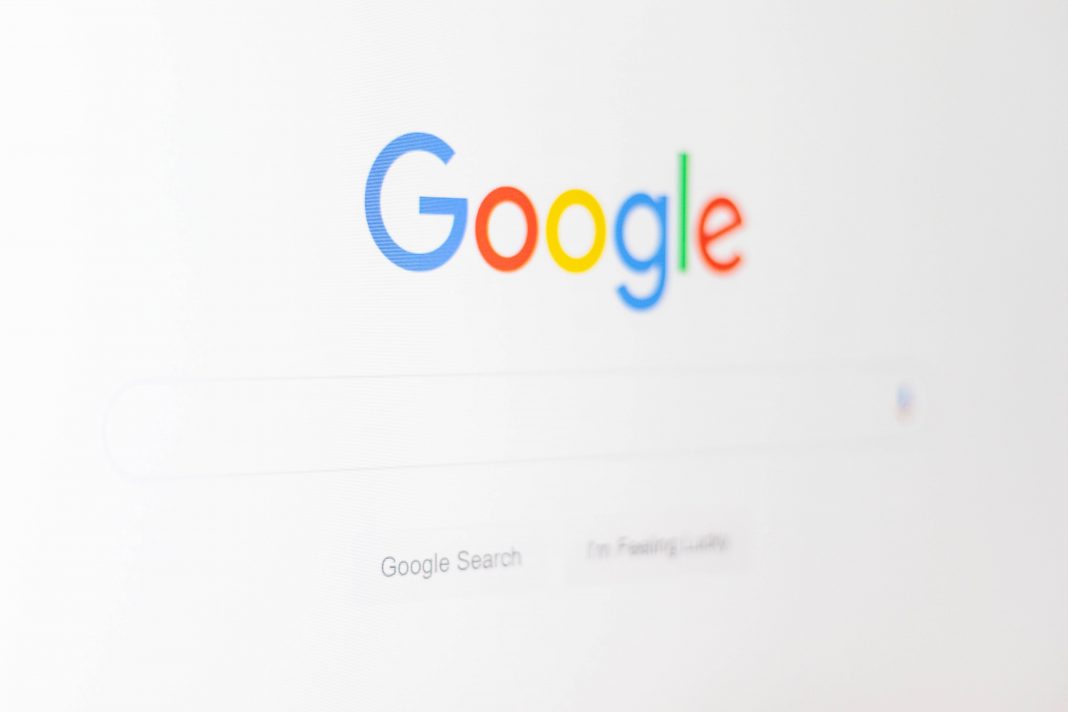Google has started the process of rolling out the first of two ‘core updates’ to its search engine. Referred to as the ‘June 2021 core update’, this update will be followed next month by the ‘July 2021 core update’.
Announcing the rollout via its SearchLiaison Twitter channel, the search engine highlighted that these updates form a part of the broad updates the firm releases several times per year.
As part of the announcement, the firm took steps to warn webmasters of the potential to see change. “Of course, any core update can produce drops or gains for some content. Because of the two-part nature of this release, it’s possible a very small slice of content might see changes in June that reverse in July.”
Thousands of updates per year
Alongside the announcement, Google published new guidance to webmasters via its search blog. In the post, the firm highlighted that its search engine is “updated thousands of times a year to improve the experience and the quality of results.”
Speaking on the process of rolling out announced updates, the firm’s Public Liaison for Search, Danny Sullivan said, “periodically, we make more substantial improvements to our overall ranking processes. We refer to these as core updates, and they can produce some noticeable changes.
“This is why we give notice when these kinds of updates are coming. We want site owners to understand these changes aren’t because of something they’ve done but rather because of how our systems have been improved to better assess content overall.”
Focus on content
Google has been at pains to highlight that sites negatively impacted by a so-called core update “haven’t violated our webmaster guidelines nor been subjected to manual or algorithmic action.”
Rather than publish specific guidance in relation to the June and July 2021 core updates, Google linked back to a post it published in 2019, encouraging webmasters to focus on the quality of their content.
In the post, the firm suggested “focusing on ensuring you’re offering the best content you can. That’s what our algorithms seek to reward.”
This includes advice related to considering the overall quality of content, whether it contains the required levels of expertise, whether the presentation and formatting of the content is suitable and how it stacks up against other content that exists online.











